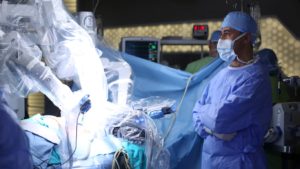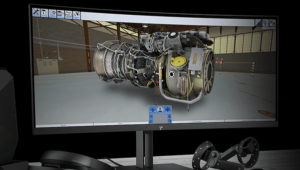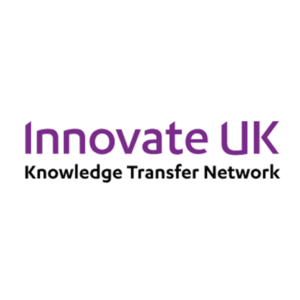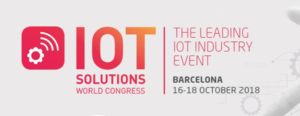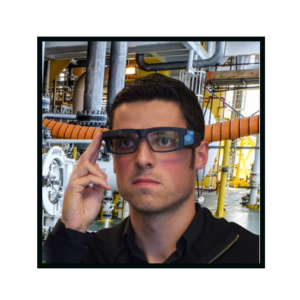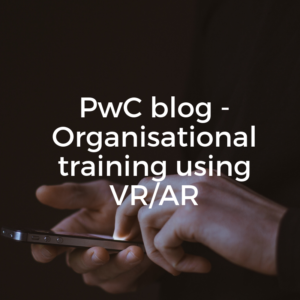For years now, technology has been improving the education industry and thus developing entire human race. Technology has made our classrooms digital with screens, projectors, etc. There are advanced labs set up for computer programming, Bloomberg terminals for finance and equity learning, etc. This technology was very much the need of the hour since students learn much more by doing (experiential learning) than by listening or seeing. Educational institutions are charging technology fees or infrastructure fees which is required to build such high-class infrastructure for better learning.
The access to the internet and online resources enables researchers to share their ideas and knowledge on specific topics which can be accessed by anybody around the world. The Massive Open Online Courses (MOOC) have opened a new world of knowledge. Top Universities and Professors around the world are launching their courses via MOOC which can be accessed easily. This as an example of democratizing education which is good for humanity as a whole. There are many startups in EduTech space which are also working towards same.
All of this creates a huge amount of data regarding lectures, content, videos, etc. Students sometimes get lost in the sea of information, and need help in analyzing and evaluating the information and also determining the authenticity and validity of the content. The main challenge is the adoption of technology and the up-skilling of teaching staff. They need to learn new technical skills to be relevant.
Whatever we have discussed till now have already been implemented in most of the developed countries, but the developing nations are still very far behind.
The fourth industrial revolution has brought new technologies like Virtual Reality, Augmented Reality, Internet of Things (IoT), Machine learning, Artificial Intelligence, Blockchain, etc. Their technologies are going to completely transform the world and almost all the industries including education industry. Experiential learning will reach a new height with the help of virtual reality and augmented reality. There are many apps already available for this.
Machine Learning will help in personalizing the learning for individual student and redesigning the assessments. Artificial intelligence can help in tracking the mental steps which a student take to approach a problem and modify the feedback, exercises and explanations and intervention to promote self-regulation, self-monitoring, and self-explanation would revolutionize engagement.
Algorithms can help in clustering the students in similar groups based on their ways of learning and evaluating the outcome. Chatbots using Natural Language Processing and Deep Learning can answer common student’s queries. AI will free-up teachers and give more time for one-on-one interaction with the students and solve more complicated personal or behavioural issues or misconceptions.
Advanced Machine Learning using Text Mining and computer vision can also help in evaluating answer sheets which are in the form of free-form text. It does not mean AI will replace teachers. The role of the teachers will remain intact to take care of individual learning needs for every student.
Machine Learning can predict strengths and weakness of a student in particular subject, his learning pace and understanding level. By analyzing their test scores, worksheets, interactions and their course, helps in creating a significantly different and unique learning pathway which is customized and fun-filled. Tasks like tutoring, grading, giving individual feedback are pretty cumbersome, and AI tends to take that burden off of them. There are multiple ways of applying AI in the education system. One of the most widely accepted and used is Intelligent Tutoring System (ITS) which have given a significant impact and made progress in past few years.
On the other side, artificial intelligence can also analyze teacher’s data (subject, content, methods, evaluation criteria, etc.) and give feedback to improve the teaching process. Teachers can take that feedback positively and takes necessary steps to improve.
AI can also predict the career path for the students which is very complicated and sensitive decision to be made. Currently, it takes all the factors including parent’s profession, society preference, market trend and highest paid jobs. But it does not take into consideration student’s interest, behaviour, likes dislikes, aptitude, etc. AI can take all these factors and predict a better career path for the student.
AI and Machine Learning can have a tremendous impact on the education industry. It can help us find the solutions for all the problems which were existing in the education industry but were getting neglected. It can revolutionize the entire education industry just based on past data and harnessing that to make data-driven and better decisions.
